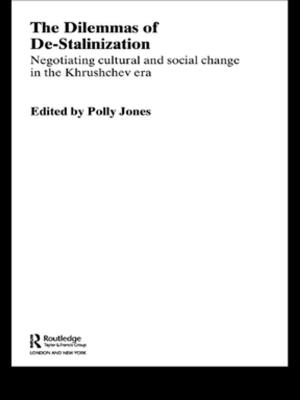An Essay On the Principle of Population
Nonfiction, Social & Cultural Studies, Social Science, Anthropology| Author: | Thomas Robert Malthus | ISBN: | 9786050310801 |
| Publisher: | Thomas Robert Malthus | Publication: | June 30, 2014 |
| Imprint: | Language: | English |
| Author: | Thomas Robert Malthus |
| ISBN: | 9786050310801 |
| Publisher: | Thomas Robert Malthus |
| Publication: | June 30, 2014 |
| Imprint: | |
| Language: | English |
An Essay on the Principle of Population was first published anonymously in 1798 by Joseph Johnson. The author was soon identified as The Reverend Thomas Robert Malthus.
While it was not the first book on population, it has been acknowledged as the most influential work of its era. Its 6th Edition was independently cited as a key influence by both Charles Darwin and Alfred Russel Wallace in developing the theory of natural selection.
A key portion of the book was dedicated to what is now known as Malthus' Iron Law of Population – this name itself is retrospective, based on the iron law of wages, which is the reformulation of Malthus' position by Ferdinand Lassalle, who in turn derived the name from Goethe's "great, eternal iron laws" in Das Göttliche. This theory suggested that growing population rates would contribute to a rising supply of labour that would inevitably lower wages. In essence, Malthus feared that continued population growth would lend itself to poverty.
An Essay on the Principle of Population was first published anonymously in 1798 by Joseph Johnson. The author was soon identified as The Reverend Thomas Robert Malthus.
While it was not the first book on population, it has been acknowledged as the most influential work of its era. Its 6th Edition was independently cited as a key influence by both Charles Darwin and Alfred Russel Wallace in developing the theory of natural selection.
A key portion of the book was dedicated to what is now known as Malthus' Iron Law of Population – this name itself is retrospective, based on the iron law of wages, which is the reformulation of Malthus' position by Ferdinand Lassalle, who in turn derived the name from Goethe's "great, eternal iron laws" in Das Göttliche. This theory suggested that growing population rates would contribute to a rising supply of labour that would inevitably lower wages. In essence, Malthus feared that continued population growth would lend itself to poverty.















